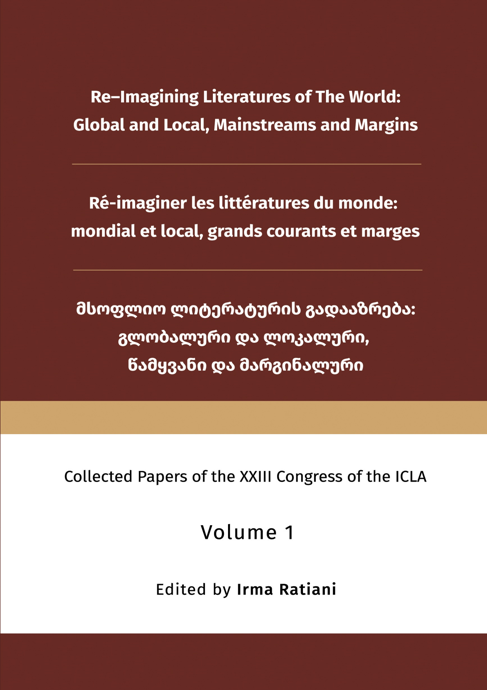The Wu Wei (inaction) Thought of Daoism and its Influence on German Literature in the 1920s Taking Siddhartha and The Magic Mountain as Examples
Main Article Content
ანოტაცია
The thought of Wu Wei (inaction) is an important part of Daoism. In the aspect of governing the country, it means that the monarch should not act rashly but should try to reach the realm of “when you need do nothing, there is nothing you cannot do”. In terms of individual behaviour, it contains the thoughts of trans-cending opposites, conforming to the laws of nature and complying with Dao. Using the method of influence studies, this paper will study how Chinese culture, especially Taoist thought, influenced German literature and thought in the 1920s in terms of social his-tory and academic trends. Then, using the method of reception studies, this paper will take Hesse's Siddhartha and Thomas Mann's The Magic Mountain as examples to explore the cultural factors and psychological logic behind the two different manifestations of Daoist "Wu Wei" thought in German literature in the 1920s.
